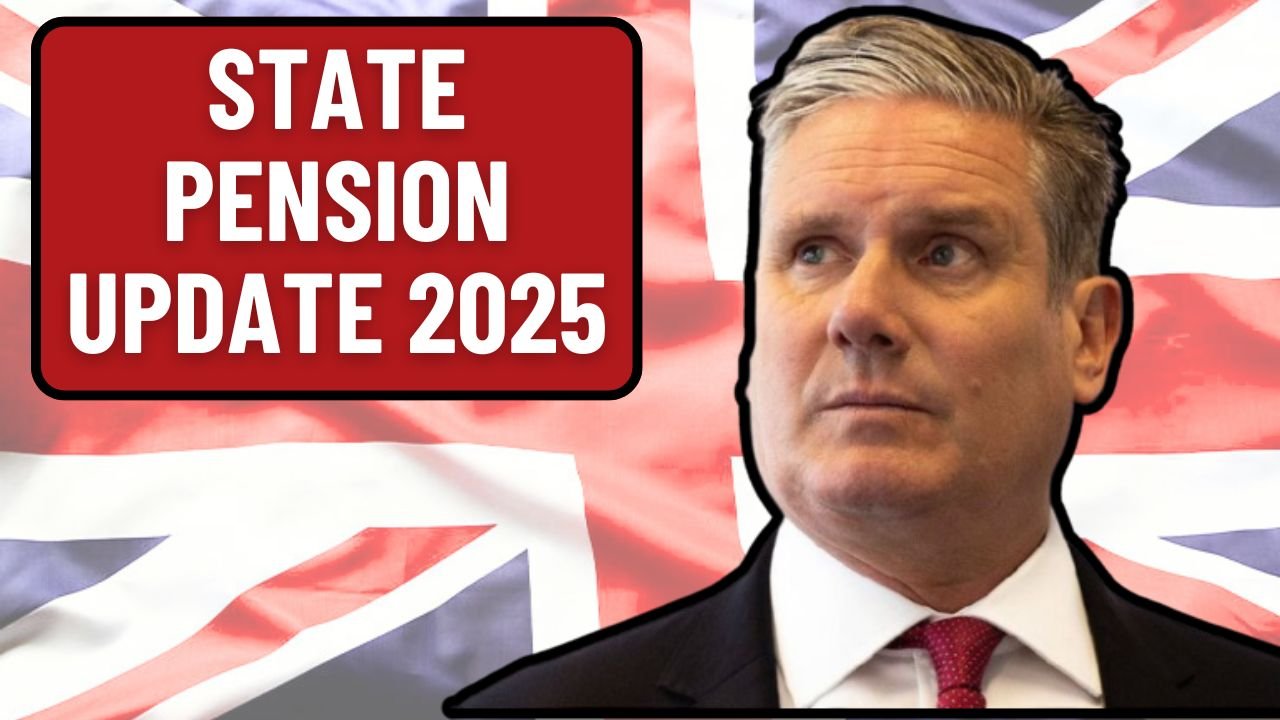Significant updates to the UK State Pension system are set to take effect from April 2025, impacting current retirees and those nearing retirement. These changes include an increase in pension payments, a key deadline for National Insurance (NI) contributions, and the long-awaited launch of the Pensions Dashboard. Here’s what you need to know.
State Pension Payment Increase

Starting April 6, 2025, the UK State Pension will rise by 4.1% under the triple lock policy, ensuring that payments increase based on the highest of inflation, wage growth, or 2.5%.
- New State Pension: Weekly payments will increase from £221.20 to £230.25, bringing the annual total to £11,973 an increase of £471 per year.
- Basic State Pension: Weekly payments will rise from £169.50 to £176.45, amounting to £9,175.40 annually, an increase of £361 per year.
While these increases provide some relief against rising living costs, pensioners should remain mindful of inflation and potential tax implications.
Deadline for National Insurance Contributions
To qualify for the full State Pension, individuals generally need 35 years of National Insurance (NI) contributions. Currently, people can pay to fill gaps in their NI record dating back to 2006. However, after April 5, 2025, this option will be restricted to the past six tax years. Those with missing NI years before 2019 should check their records and make voluntary contributions before the deadline to maximize their pension benefits.
Introduction of the Pensions Dashboard
The UK government is set to launch the Pensions Dashboard on April 30, 2025, a digital tool designed to help individuals track all their pension savings in one place. This platform will reduce the risk of losing track of old pensions and make retirement planning more efficient. Full implementation is expected by October 31, 2026, with all pension providers required to connect to the system.
Potential Tax Considerations for Pensioners
Although State Pension payments are increasing, the personal income tax allowance remains frozen at £12,570 until 2028. As pension income approaches this threshold, more retirees may find themselves liable for income tax. Those with additional sources of retirement income, such as workplace pensions, may need to explore tax planning strategies to minimize deductions.
Preparing for These Changes
With these developments approaching, retirees and future pensioners should take proactive steps to secure their financial future. Checking NI contribution records before the April 2025 deadline is crucial to avoid losing out on State Pension entitlements. Once launched, the Pensions Dashboard will be a valuable tool for managing and consolidating pension funds. Additionally, considering tax implications and seeking professional financial advice can help retirees effectively plan their income and expenses.

